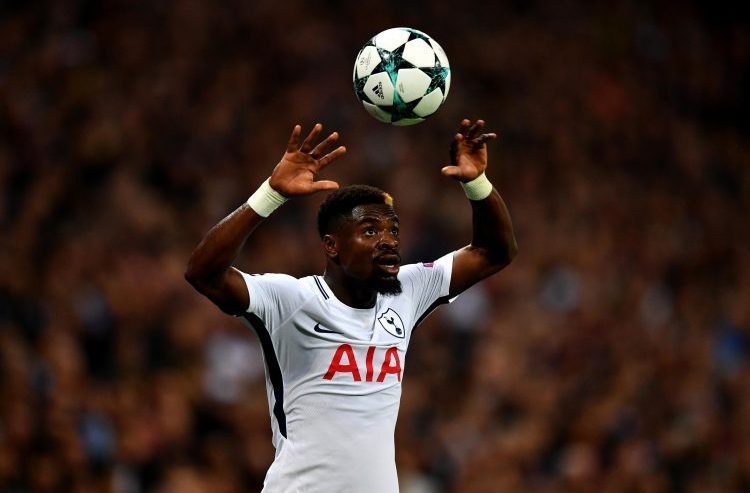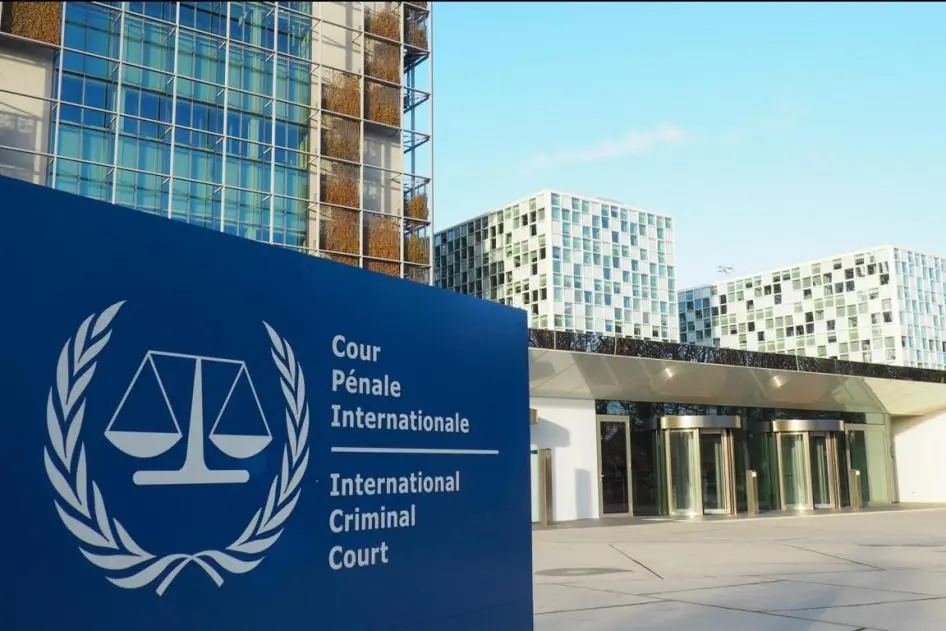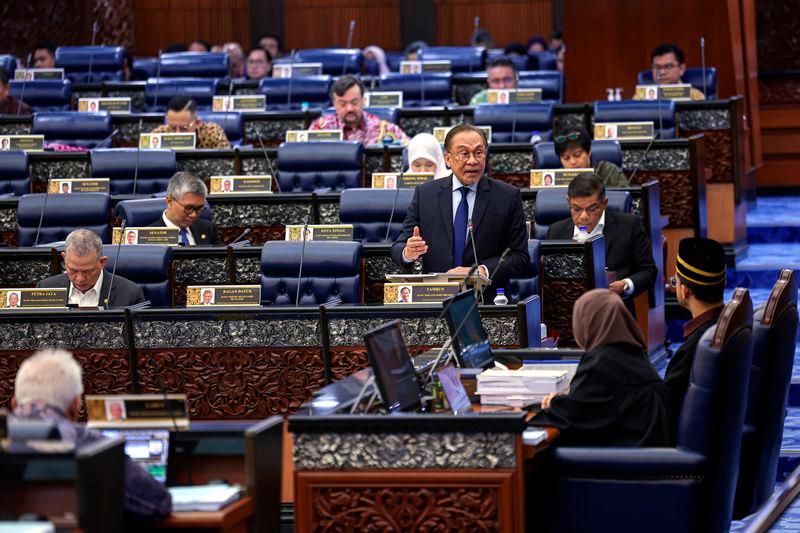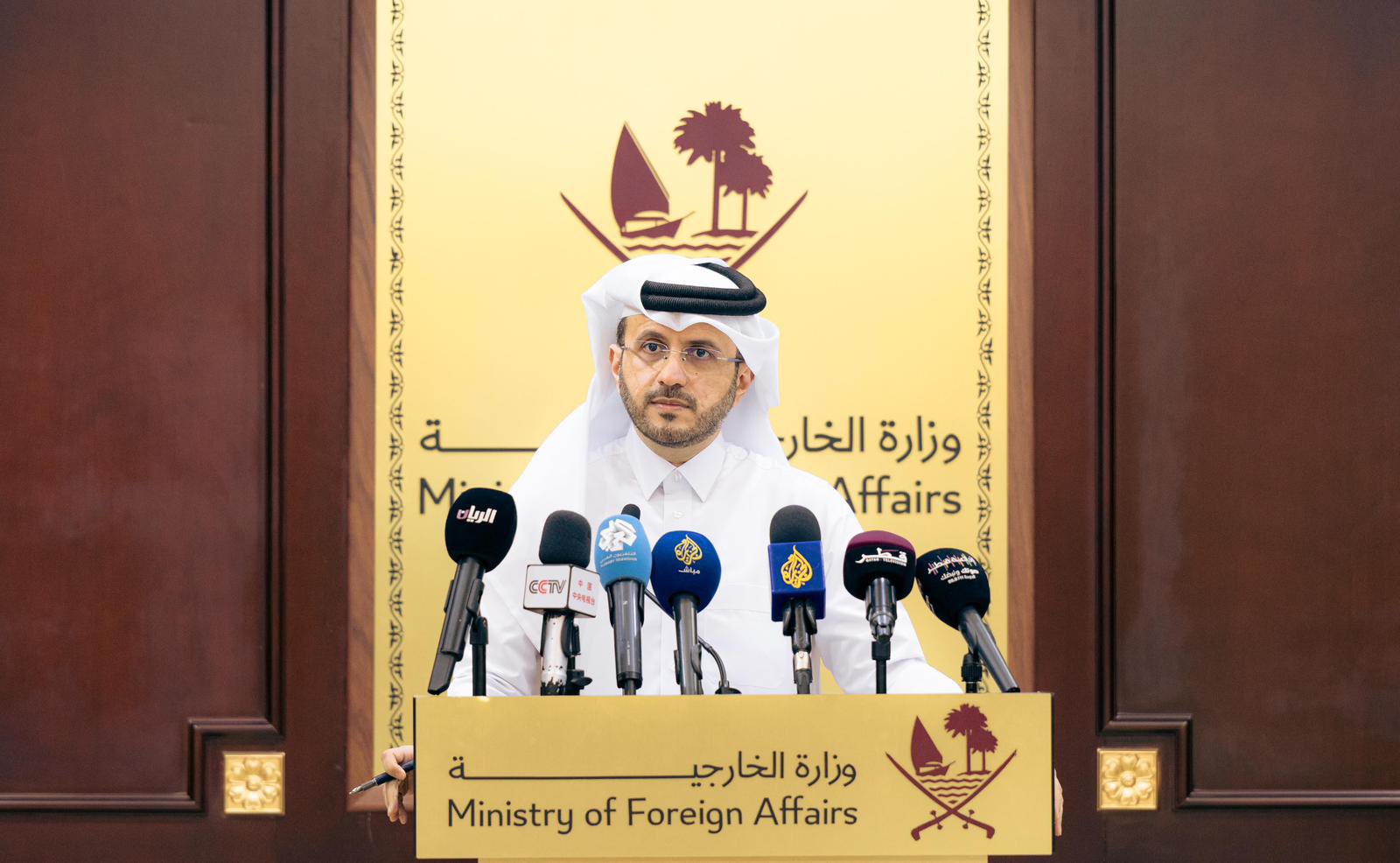Authorisation has been granted for a trial that could potentially replace throw-ins in the future.
Could the rules of football soon witness a drastic change? After decades of throw-ins from the side of the pitch, football lawmaker are now mulling a potential alternative designed to make the game ‘quicker.’
The International Football Association Board (IFAB) has given the green light for an old-time replacement trial, UK-based the Guardian reported, following the group’s annual general meeting in Doha.
Kick-ins were used on the football pitch in the 1860s but were later banned in 1863.
However, the revival of the former rule has become a hot topic in recent weeks after after Arsene Wenger, the former manager of Arsenal and now head of global development at FIFA, called throw-ins and free-kicks “two big time-wasters at the moment.”
In his opinion, the rules need to be amended to grab the attention of younger generations.
“The target is to make the game more spectacular and quicker, and maybe with throw-ins you could play with your feet, but in a limit of five seconds for example, things like that,” Wenger first said to the BBC last year.
The idea is that a kick-in would speed up the process of returning the ball to the field, potentially adding some extra seconds for players to flaunt their skills on the pitch.
The Dutch second division has expressed interest in hosting the trial, and the IFAB gave the thumbs up.
“Proposals were made to test kick-ins,” FIFA president Gianni Infantino confirmed.
“While we may be a bit sceptical on some of these measures… if some proposals are there to help the game, we will not know it before we look into it, so we will look into these proposals as well.”
Other considerations were also discussed in an effort to prolong the game and cut as much wasted time as possible. Among the measures is the introduction of a “stop clock” which allows referees to pause the game whenever the ball is not in play.
The suggestions came after research revealed the average Premier League match in the 2021–22 season had the ball in play for only 55 minutes and three seconds.
For the Champions League, on the other hand, an average minute was added.
“Other trials such as explaining certain refereeing decisions during a game, a potentially fairer calculation of playing time, and kick-ins were also discussed,” IFAB confirmed.
“The AGM was clear that these and any other trials require permission and will be supervised by the IFAB and FIFA.”
IFAB also disclosed that trials of concussion substitutes will be extended for yet another year “to acquire sufficient evidence to establish a scientifically valid decision” after the first 18 months provided to be insufficient.
The possibility of referees wearing body cameras to reduce the risk of verbal and physical abuse will also be tested at grassroots level.







